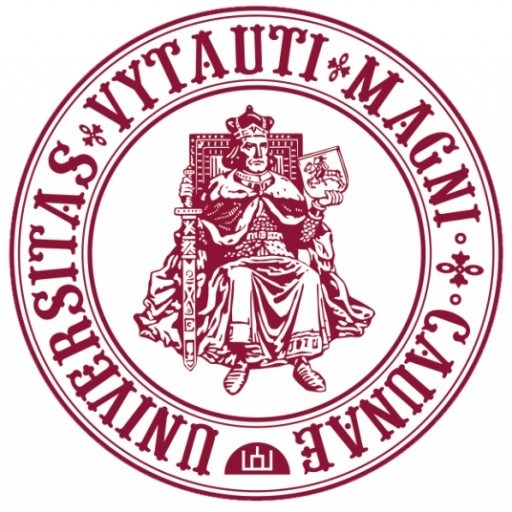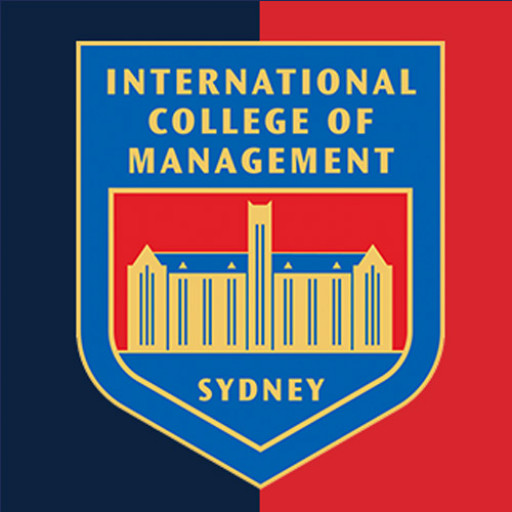Photos of university / #vduni
International Politics and Development Studies at Vytautas Magnus University offers a comprehensive interdisciplinary education designed to prepare students for careers in global affairs, diplomatic service, international organizations, NGOs, and development agencies. The program combines theoretical frameworks with practical skills to analyze complex international issues such as conflict resolution, international law, economic development, human rights, and environmental sustainability. Students will explore the geopolitical dynamics of regions, the roles of various international institutions, and the strategies used to promote peace and sustainable development worldwide. The curriculum emphasizes critical thinking, intercultural communication, and research methodologies, enabling graduates to assess international challenges and formulate effective policy solutions. Through lectures, seminars, case studies, and internships, students gain hands-on experience in analyzing real-world problems, engaging with practitioners, and developing strategic approaches to international cooperation and development projects. The program aims to foster an understanding of diverse political systems, cultural perspectives, and global governance structures, preparing graduates to operate effectively in multicultural and multidisciplinary environments. Graduates will be equipped with excellent communication skills, analytical abilities, and policy awareness to influence positive change in global communities. Additionally, the program promotes academic mobility and encourages participation in international exchanges, internships, and collaborative projects, enriching students' educational experience and expanding their professional networks. Upon completion, graduates will be well-prepared for careers in international organizations such as the United Nations, European Union, or World Bank, as well as governmental bodies, research institutions, and non-profit organizations dedicated to international development and diplomacy.
Detailed Course Facts
Application deadline March 31; July 20 Tuition fee
- EUR 1700 Year (Non-EEA)
Application fee 172,64 / 50 EUR.
Start date September 2015 Credits (ECTS) 240 ECTS
One year of studies is equal to 60 ECTS credits, divided to 30 per semester
Duration full-time 48 months Languages Take an IELTS test
- English
Delivery mode On Campus Educational variant Full-time Intensity Flexible
Course Content
I semester
COMPULSORY COURSES
- Introduction to Development Studies
- Political Systems
- International Relations and Governance
II semester
COMPULSORY COURSES
- Studies of Colonialism and Post-Colonialism
- Development Politics and Strategies of International Organizations
- Human Rights and Democratization
III semester
COMPULSORY COURSES
- Public Policy Process
- Regional Development
- Micro and Macro Economics
- Courses of A, B and D groups
IV semester
COMPULSORY COURSES
- Social Research Methodology
- Civic Empowerment and Mobilization
- Diplomacy and International Law
- Courses of A, B and D groups
V semester
COMPULSORY COURSES
- Comparative Politics
- Theories of Social Transformation
- International Political Economy
- Political Communication
- Development and Neighbourhood Policy of the European Union
OPTIONAL COURSES
- Analytic and Academic Writing
- Globalization and International Communication
- Migration Policy and Ethnic Relations in Modern State
VI semester
COMPULSORY COURSES
- Politics of Post-Soviet States
- Conflict Resolution in Developing Countries
- NGO and Philanthropy
OPTIONAL COURSES
- Welfare State: Theory and Practice
- Critical Inquiry
- Political Process and Participation
- Macroeconomics of the Developing Countries
- Small and Middle Sized States in the International Context
- Russias Domestic and Foreign Policy
- International Cooperation in the Black Sea Region
- Domestic and Foreign Policy of Belarus, Moldova and Ukraine
VII semester
COMPULSORY COURSES
- Politics of the Middle Eastern and North African States
- Project Planning and Implementation
- Politics of Minorities
- Sociology of State Development
- Orientalism and Cultural Awareness
- Foreign Policy of Great Powers in the Middle East
- Revivalist Islam and Politics
- Energy Politics in European Neighbourhood
- Israeli Studies
VIII semester
COMPULSORY COURSES
- Internship
- Bachelor Thesis
Requirements
Applicants for International Politics and Development Studies programme should have a secondary school diploma or equivalent degree and abilities to speak, read and write in English.
Work Experience
No work experience is required.
The Financing of the International Politics and Development Studies program at Vytautas Magnus University is primarily covered through a combination of domestic and international funding sources. Lithuanian residents are generally eligible for state-funded study places, which are financed by the Lithuanian Ministry of Education, Science and Sport. These state-funded positions are allocated based on competitive entrance examinations and academic performance, making it accessible for academically talented students. For students who do not secure a state-funded spot, paid tuition options are available, with the fees set according to the university's regulations. The tuition fees for international students are set annually and are designed to reflect the costs associated with delivering the program, including faculty salaries, learning resources, and administrative support.
In addition to government funding, scholarships are available to support students financially. These include university scholarships awarded based on academic achievements, need-based grants, and international scholarship programs which may be accessible for students demonstrating outstanding academic records or significant financial hardship. Vytautas Magnus University also participates in European Union funding initiatives, such as Erasmus+, which provides mobility grants for international exchanges, as well as funding opportunities for research projects and internships related to international politics and development.
Students are encouraged to seek external funding opportunities offered by government agencies, international organizations, and NGOs. Some students may also secure sponsorships from private sector entities or participate in part-time employment during their studies, as permitted by Lithuanian law. The university maintains partnerships with various organizations and offers career support services to assist students in locating funding sources and gaining practical experience that enhances their employability upon graduation. Overall, the financing structure of the program aims to make international politics and development studies accessible and sustainable for a diverse range of students, fostering an inclusive academic environment.
International Politics and Development Studies at Vytautas Magnus University is a multidisciplinary undergraduate program designed to prepare students for careers in global affairs, diplomatic services, international organizations, and development agencies. The curriculum emphasizes understanding the complexities of international relations, global security, economic development, human rights, and environmental sustainability. It combines theoretical frameworks with practical skills, including policy analysis, negotiation, and intercultural communication. Students gain knowledge in political science, economics, history, and regional studies, enabling them to analyze contemporary global challenges critically.
The program includes a range of courses such as International Relations Theory, EU Politics, Global Governance, Development Economics, and Peace and Conflict Studies. Practical components like internships, seminars, and workshops are integral parts of the curriculum, offering students real-world experience and professional networking opportunities. The language of instruction is primarily English, preparing graduates for international work environments. The program fosters critical thinking, research competencies, and a global perspective, equipping students to contribute effectively to international development and policy-making.
Students can participate in exchange programs within the Erasmus+ framework, allowing them to study at partner universities across Europe and beyond. The faculty consists of experienced researchers and practitioners from the fields of international politics, development studies, and related disciplines, ensuring that students receive up-to-date and relevant education. Upon graduation, students are prepared for careers in diplomacy, international organizations, development agencies, NGOs, and research institutions. The program also provides a solid foundation for those interested in pursuing postgraduate studies in related fields.






